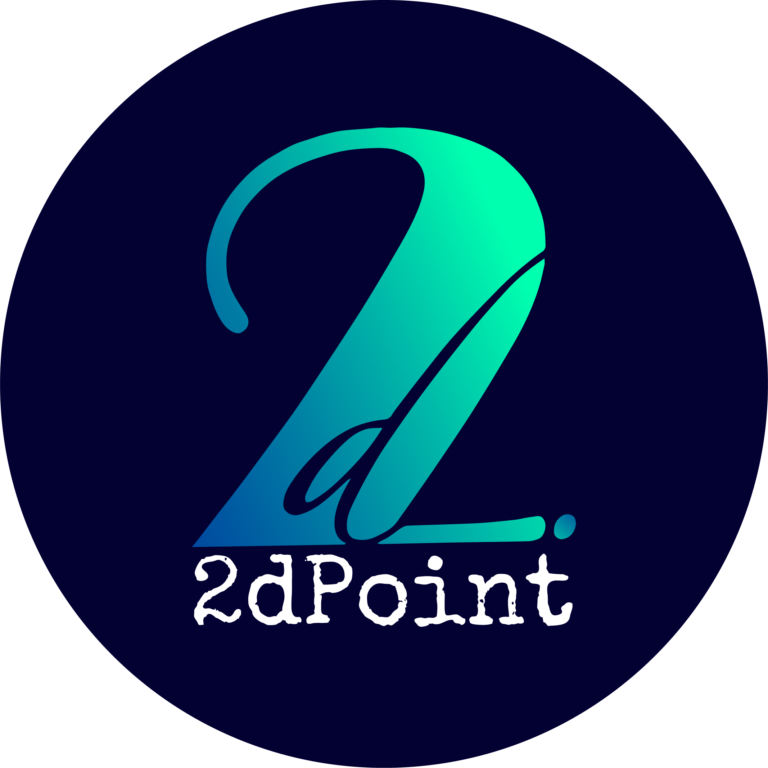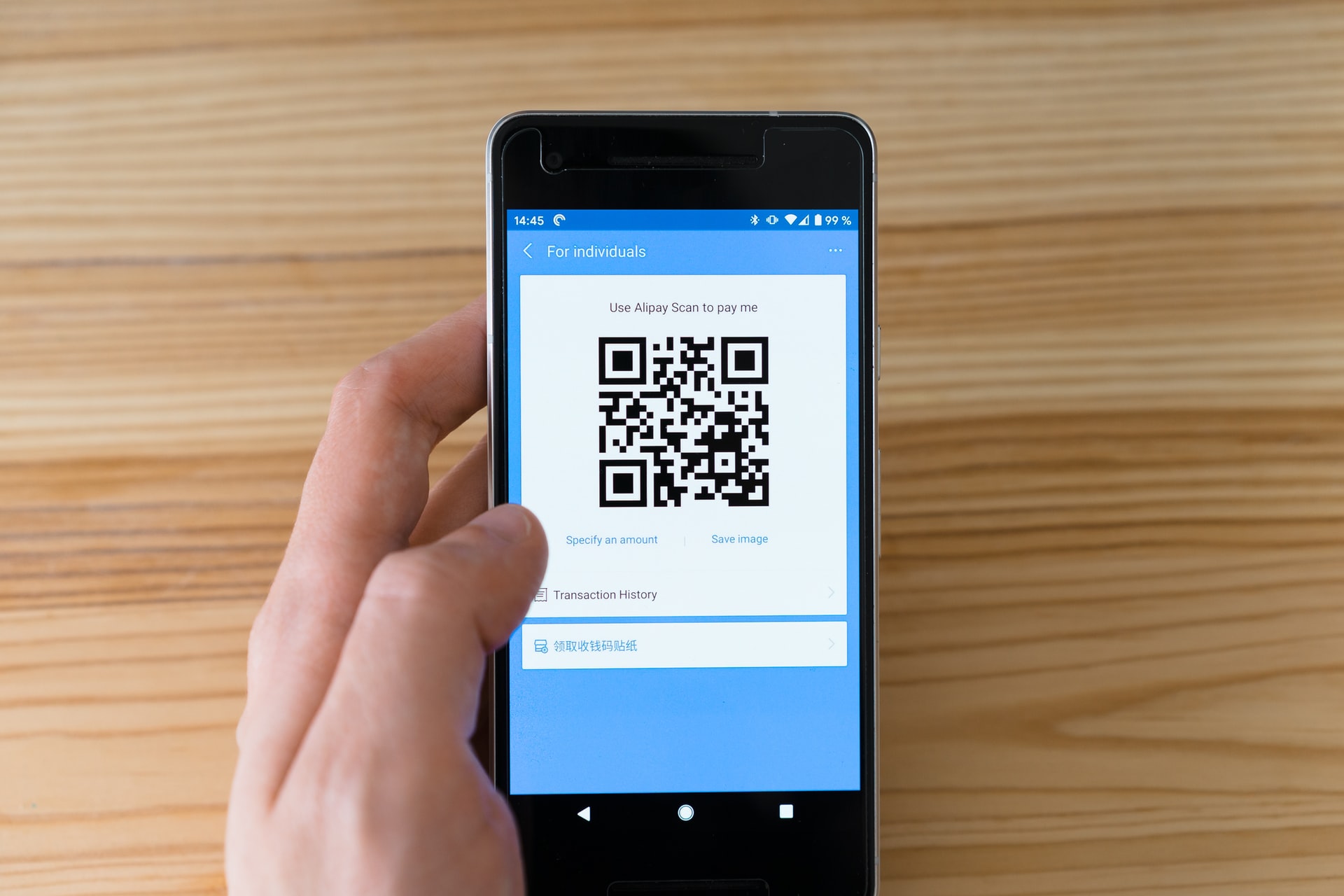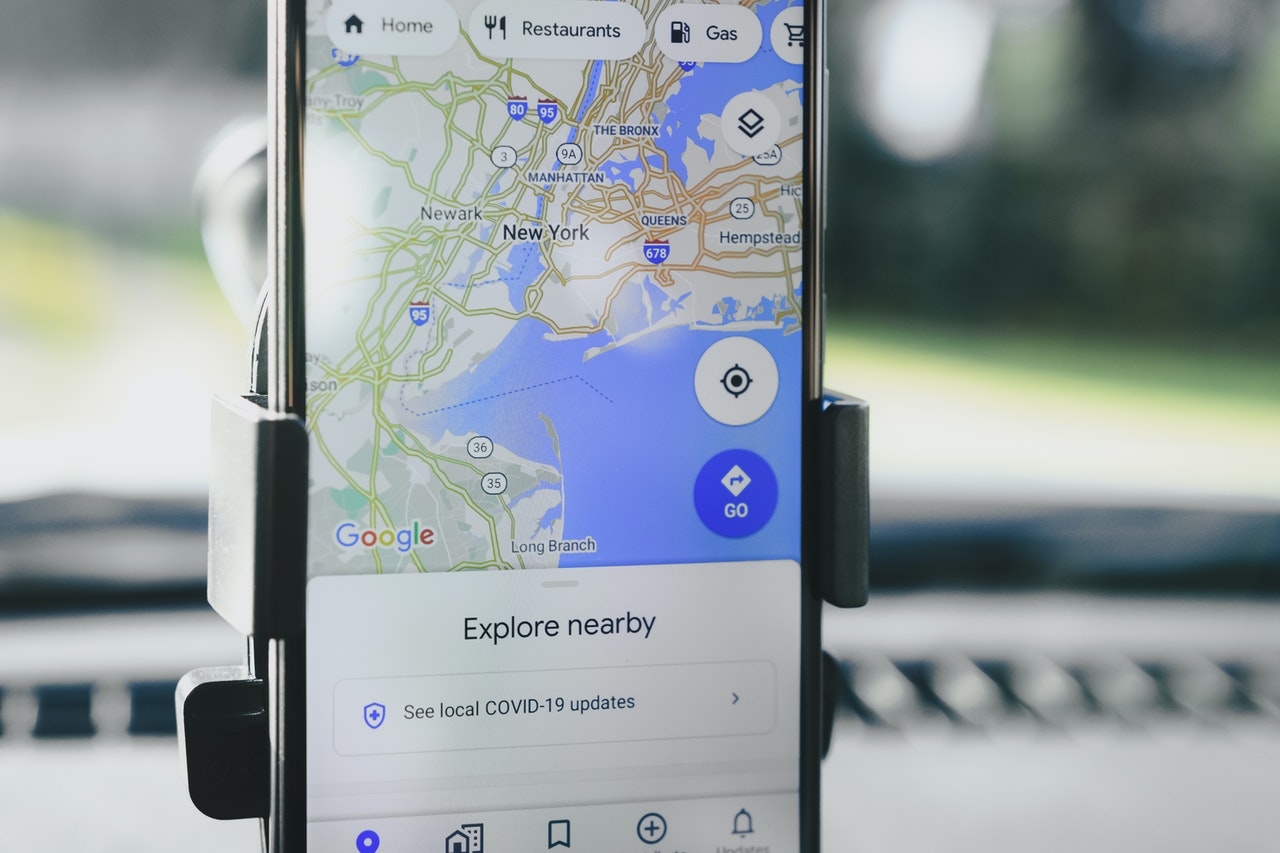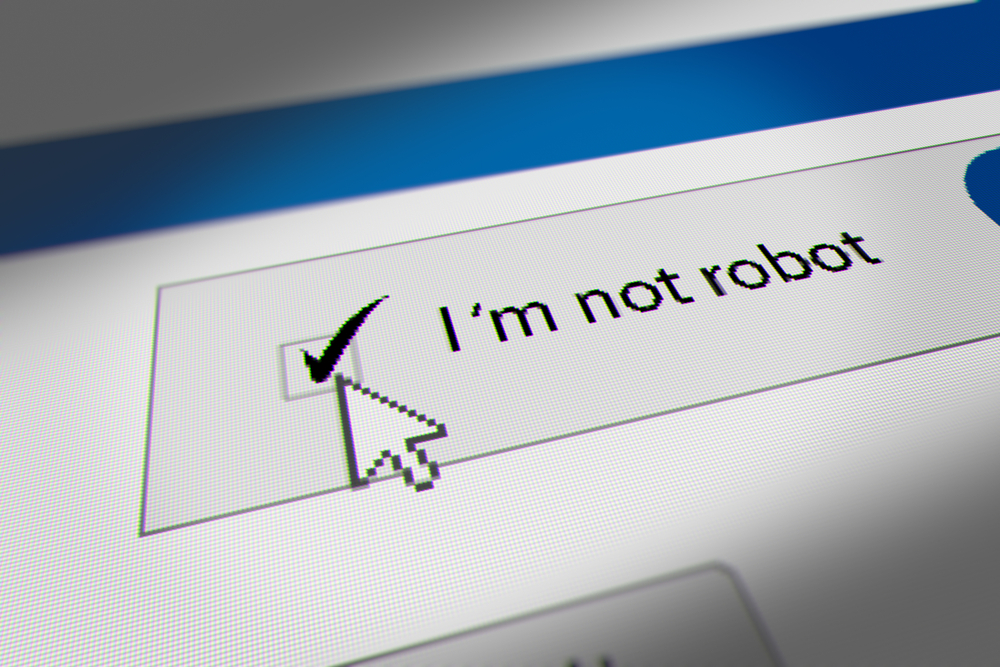Reading Time: < 1 minutes
- When you search on Google, you don’t search on the web but on an index maintained by Google.
- To understand the difference, perform the same search on Google and Bing – you will get different results.
- It is like that detailed index at the end of a book.
- Imagine you have a book on animals, and you want to search: “What do Pandas eat?”
- You would look for Panda, Food, Panda Food, Animal Food etc. in the index.
- You go to Panda – the index says Page 5, 10, and 15.
- Panda Food says Page 5, 10, 16, 20-22, and 25.
- You go to each of these pages, read some text and find that they are either referring to some other chapters, some other books or some other articles.
- You go to other pages, which partially answer and partially direct you to other sources.
- You read all of it, and you have the answer.
- What you were doing here is called ‘spidering’ or web crawling in the world of digital search space.
- To fetch the information you need, Google does the same thing more effectively.
- When you search a term, the web spiders fetch a few pages; let us assume they fetch four.
- Now each of these four pages, hypothetically, points to 3 links.
- So the total pages Google has in sight are 4 (initial) + 12 (4 pages X 3 links) = 16.
- Now imagine that this continues because each page has further links.
- So, Google will suddenly have millions of pages about your search item.
Image courtesy of Caio through Pexels






















